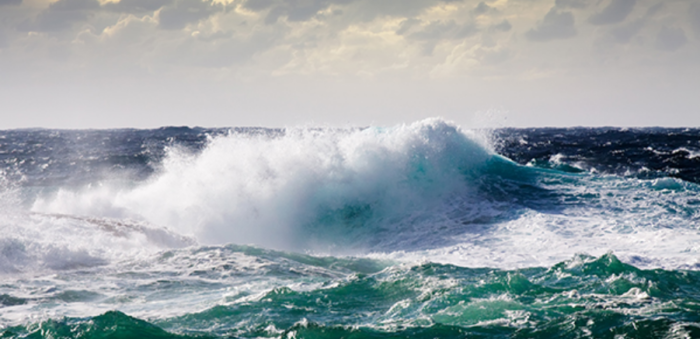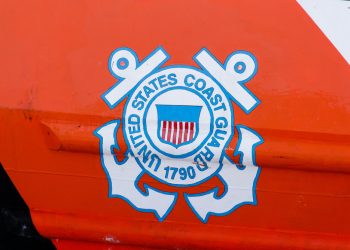The US Coast Guard advises operators in the mid-Atlantic region to be very careful, as a storm system will pass through the region, with winds of over 30 miles-per-hour and seas up to or surpassing 10 feet.
Petty Officer 3rd Class Ryan Walker, an operations specialist at Coast Guard Sector Delaware Bay, noted:
Our primary concern is for the safety of those at sea,” “One of the most important decisions you can make as a mariner is to understand the current and forecasted weather conditions. There are times it may just be best to stay off the water.
[smlsubform prepend=”GET THE SAFETY4SEA IN YOUR INBOX!” showname=false emailtxt=”” emailholder=”Enter your email address” showsubmit=true submittxt=”Submit” jsthanks=false thankyou=”Thank you for subscribing to our mailing list”]
In order to help operators protect themselves in cases like this, here are some key tips:
- Do not go out to sea in a recreational boat when a storm is approaching.
- Stay up to date on the weather as conditions can change suddenly and with little warning.
- Contact local marinas to ask for advice about securing a vessel.
- Ensure boating gear is properly stowed or tied down to avoid causing unnecessary searches by the Coast Guard and other first responders. Life jackets, life rafts and small non-powered vessels are some examples of boating equipment often found adrift following severe weather.
- If mariners must go out, they should file a float plan with friends or a loved one, which states where they will be going and when they will return so search and rescue workers have a good idea of where to begin looking.






























































